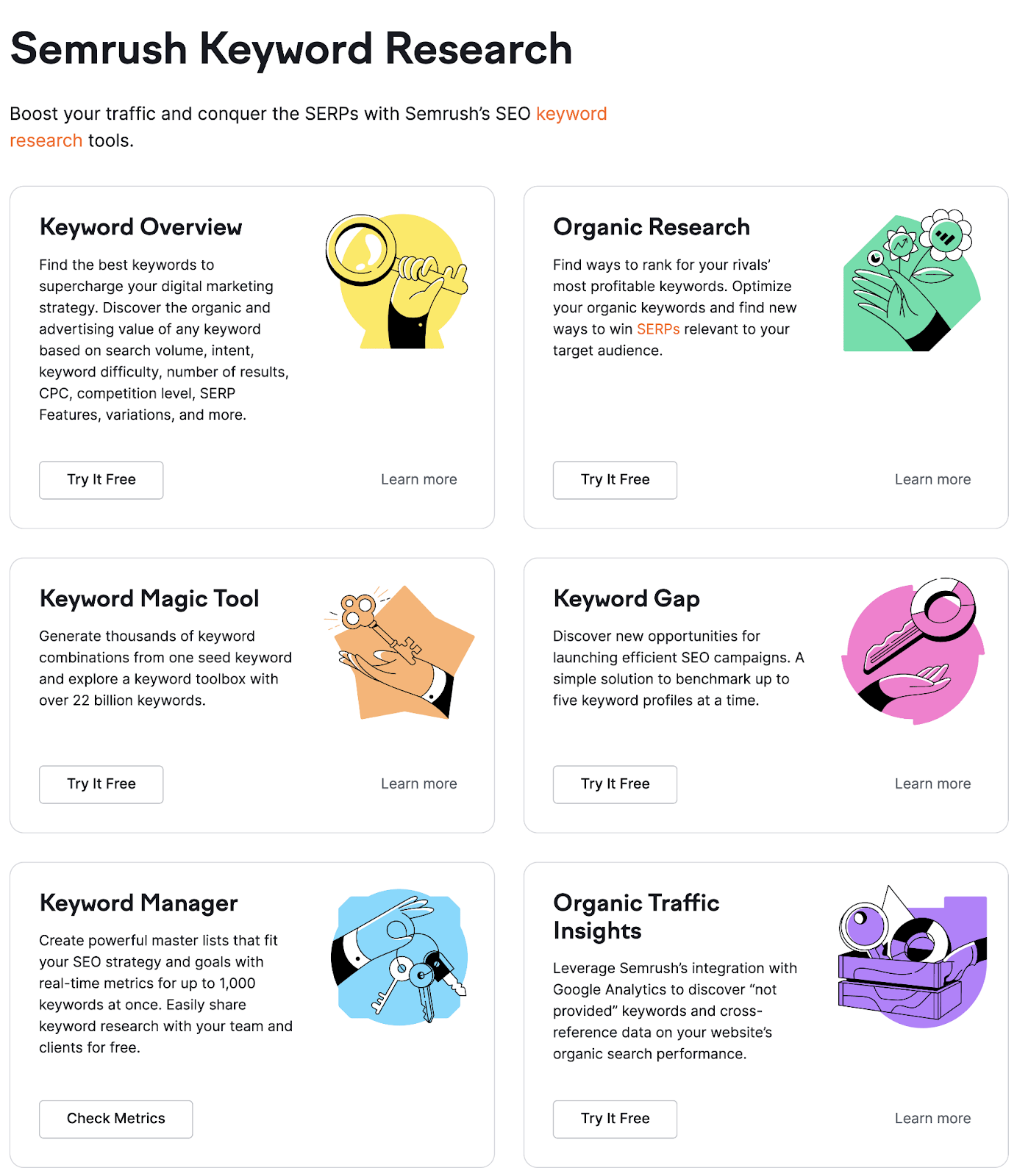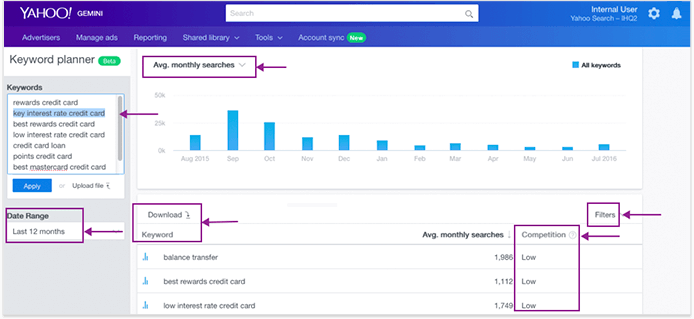Yahoo-Specific Keyword Research Tools
Several tools and methods are available for conducting keyword research specifically for Yahoo, though the ecosystem is less robust than for Google. Here’s a breakdown of the main options, their features, and typical pricing models.
Dedicated Yahoo Keyword Tools
| Tool Name | Key Features | Pricing Model (as of 2025) |
|---|---|---|
| Yahoo Keyword Tool (Keyword Keg) | Finds long-tail keywords using Yahoo’s Suggest API, filters by buyer intent, imports/export keywords, supports bulk analysis. | Not explicitly stated; likely freemium or subscription-based (common for SEO tools). |
| SE Ranking Yahoo Rank Checker | Tracks Yahoo rankings, monitors SERP trends, keyword analytics, competitor tracking, custom reports. | Starts at a base plan (500 keywords, 5 projects), with higher tiers for more keywords and features. |
| SiteChecker Pro Yahoo Positions Tracker | Daily/monthly ranking tracking, keyword recommendations, integration with Google Search Console, Excel import/export. | Not explicitly stated; typically freemium or subscription. |
| ProRankTracker | Accurate Yahoo SERP rank tracking, reliable monitoring. | Not explicitly stated; usually subscription-based. |
| Keyword Discovery Yahoo PPC Bid Tool | Provides Yahoo PPC bid data, estimated daily search volumes, historical CPC and max bids, regional targeting. | Not explicitly stated; common models include pay-per-report or subscription. |
Using Yahoo’s Native Features
- Yahoo Search Assist: As you type in Yahoo Search, autocomplete suggestions appear, which can be manually collected for keyword ideas.
- Related Searches: Yahoo SERPs display “Also try” links, PPC ad phrases, and “People Also Ask” sections, all useful for discovering related keywords.
- Yahoo! Gemini (Search Marketing Tool): While primarily for PPC, it can provide insights into commercial keyword demand.
Multi-Engine Tools with Yahoo Support
Some general SEO tools (e.g., Rank Tracker, KWFinder, Ahrefs) support multiple search engines, including Yahoo, but their primary focus and data depth are often on Google. These tools typically offer Yahoo as an option within a broader suite of features.
Pricing Models Overview
- Subscription-Based: Most rank tracking and keyword research tools (e.g., SE Ranking, SiteChecker Pro, ProRankTracker) operate on monthly or annual subscriptions, with tiered pricing based on the number of keywords, projects, or features.
- Freemium: Some tools offer limited free access with paid upgrades for advanced features or higher usage limits.
- Pay-Per-Report: Niche tools like Keyword Discovery’s Yahoo PPC Bid Tool may charge per report or data pull, especially for historical or bid data.
- Manual Collection: Using Yahoo’s native features (Search Assist, Related Searches) is free but time-consuming and less scalable.
Key Considerations
- Data Volume: Yahoo’s search volume is significantly lower than Google’s, so tools may have less data or fewer updates for Yahoo-specific metrics.
- Integration: Some tools allow importing keywords from Google Search Console or Excel, making it easier to cross-analyze performance across engines.
- Competitor Tracking: Advanced tools offer competitor monitoring, which can be valuable for understanding Yahoo’s unique search landscape.
- PPC Focus: For advertisers, Yahoo-specific PPC tools provide bid and volume data crucial for campaign planning.
Summary Table: Tool Comparison
| Tool Type | Yahoo-Specific Features | Typical Pricing | Best For |
|---|---|---|---|
| Dedicated Yahoo Tools | Suggest API, rank tracking, PPC bids | Subscription/Freemium | Deep Yahoo SEO/PPC analysis |
| Multi-Engine SEO Suites | Yahoo as an option among others | Subscription | Cross-engine comparison |
| Native Yahoo Features | Search Assist, Related Searches | Free | Manual, small-scale research |
Conclusion
While Yahoo-specific keyword research tools exist, they are fewer and often less feature-rich than their Google counterparts. Subscription models dominate, with pricing based on keyword volume and feature access. For comprehensive Yahoo SEO, combining dedicated tools with manual analysis of Yahoo’s native features is often the most effective approach.





